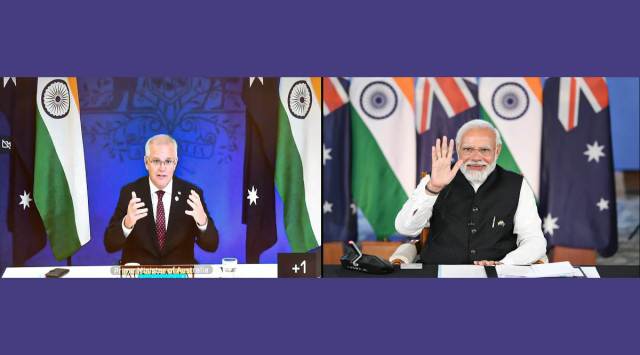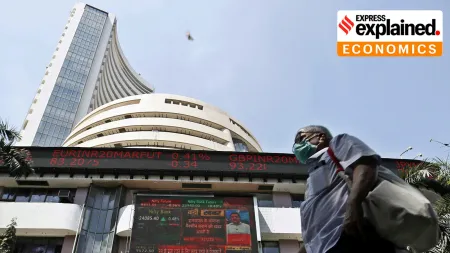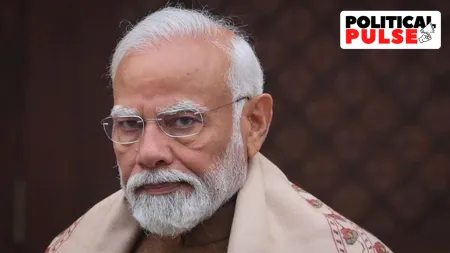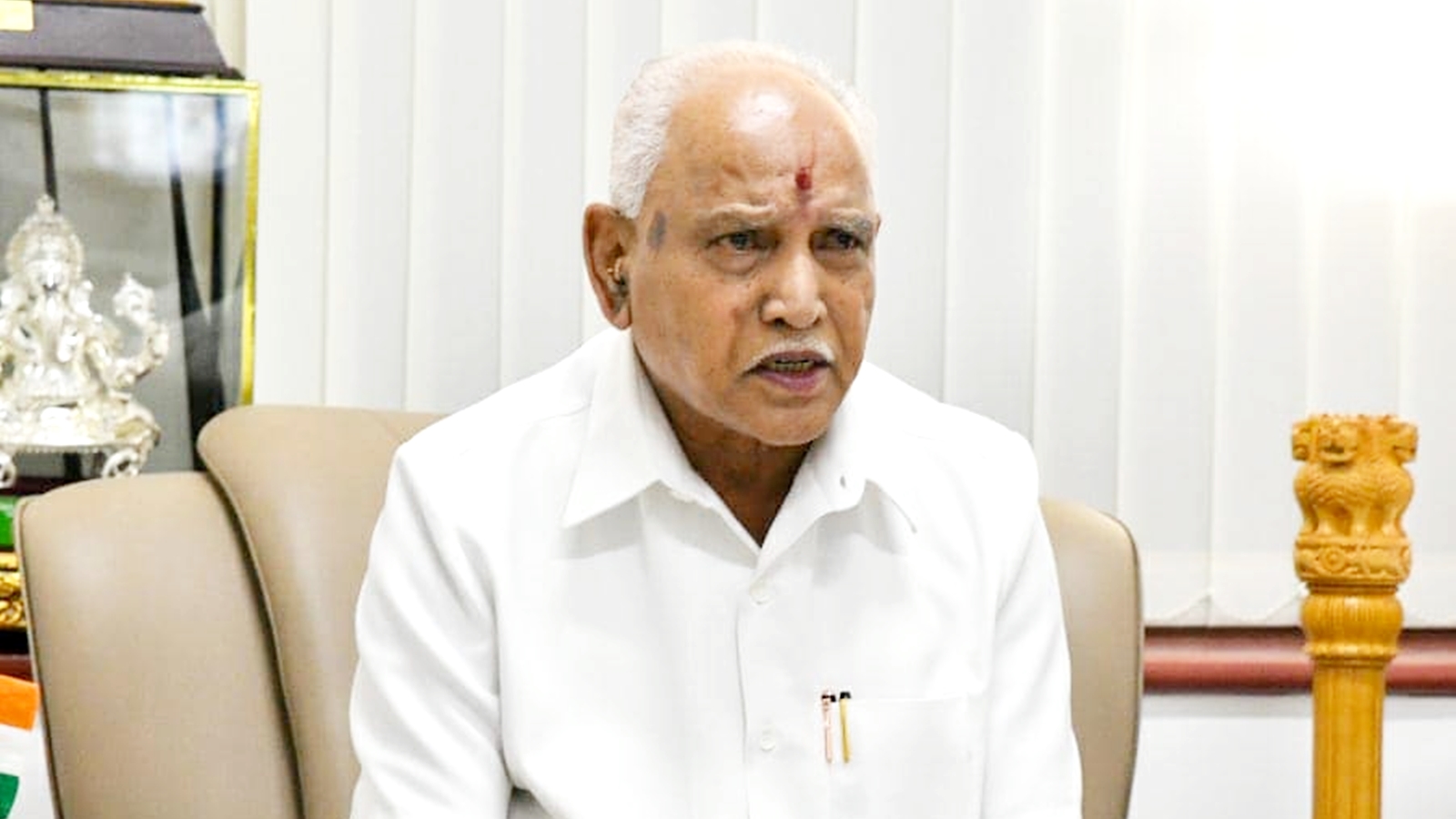India and Australia signed the Economic Cooperation and Trade Agreement (IndAus ECTA) on Saturday, hailed by their leaders as a significant milestone and a major economic opportunity. This agreement will grant zero-duty access to 96% of India’s exports to Australia, including key sectors like engineering goods, gems and jewelry, textiles, apparel, and leather.
The pact is expected to increase bilateral trade in goods and services to $45-50 billion over five years, generating over one million jobs in India. About 85% of Australia’s exports will also receive zero-duty access to the Indian market, including coal, sheep meat, wool, and reduced duty access for Australian wines, almonds, lentils, and certain fruits.
Over the next five years, Indian goods will enjoy 100% zero-duty access under this agreement. This is India’s first Free Trade Agreement (FTA) with a major developed country in over a decade, following similar agreements with the UAE and ongoing negotiations with Israel, Canada, UK, and the EU.
The agreement was signed by India’s Commerce and Industry Minister and Australia’s Minister for Trade, Tourism, and Investment in a virtual ceremony witnessed by both countries’ Prime Ministers. Prime Minister Modi described it as a landmark moment that will facilitate easier exchange of students, professionals, and tourists, strengthening ties between the two nations.
The agreement includes provisions for granting extended post-study work visas to Indian STEM graduates and a program for young Indians to pursue working holidays in Australia. Australian Prime Minister Morrison emphasized the economic significance of the agreement, calling it a major step towards expanding global trade opportunities.
The agreement is set to be ratified by the Australian Parliament before coming into force. It is expected to boost trade between India and Australia to $45-50 billion over five years, creating over one million jobs in India. The removal of tariff barriers is anticipated to significantly enhance Indian merchandise exports.
Bilateral trade between India and Australia reached $27.5 billion in FY2021, with merchandise exports to Australia growing rapidly. The agreement aims to increase Indian goods and services exports to Australia to $20 billion in FY2027 and $35 billion in FY2035. Certain Australian products will see lower tariffs under the agreement, benefiting both economies.
The agreement will eliminate tariffs on Australian coal, benefiting Australia’s major exports to India. It will also increase access for Australian products to over 70% of India’s tariff lines over the next decade. Additionally, strict rules of origin and safeguard mechanisms are included to prevent trade disruptions.
Duty concessions on Australian wines will be phased in based on prices, with tariffs gradually reduced over 10 years. The agreement also addresses concerns of Indian pharmaceutical and IT firms, facilitating faster approval of medicines and resolving double taxation issues for IT services.
Overall, the India-Australia Economic Cooperation and Trade Agreement is expected to bring significant economic benefits to both countries, paving the way for increased trade and cooperation in various sectors.


































+ There are no comments
Add yours